By Sarah Quallen, Co-op Volunteer Writer
Since, according to my five-year-old son, the Moscow Food Co-op is my favorite place to go and my favorite thing to do is to go to the Moscow Food Co-op (they’re two different things, I swear), I frequently get asked: What, exactly, is a co-op? Well...
1. A co-op is a business. It sells foods and goods, and it is not a not-for-profit (did you notice that double negative?) So. A co-op is usually incorporated, and does make a profit.
2. But a co-op exists for the benefit of its members, and many co-ops are community driven and support local charitable and social organizations. A good example at the Moscow Food Co-op is “A Dime in Time,” which donates your bag refund money, should you choose to give, to a new organization every month.
3. Co-op owners are co-op members. If you belong to a co-op, then you are an owner who has the right to vote for board members, who then vote on policies and business decisions like hiring management.
4. Unlike business investors who invest to make a profit, people who invest in or begin a co-op do so through a shared need to get services or products they were unable to get elsewhere. And, since members are owners, there are financial rewards as well. At Moscow Food Co-op, members get a 10 percent discount on case purchases and receive discounts on items throughout the store during regularly-scheduled “member days.” At the end of the year members often earn dividends.
5. Most co-ops choose to comply with seven basic principles as a guideline for structure, according to Co-op, Stronger Together’s website. These principles are: voluntary and open membership; democratic member control; economic member participation; autonomy and independence; education, training, and information; cooperation among cooperatives; and concern for community. One can see with ease that the Moscow Food Co-op successfully follows all of these principles.
The next time someone asks me, “What is a co-op?” I can answer them with aplomb! Now, so can you.







